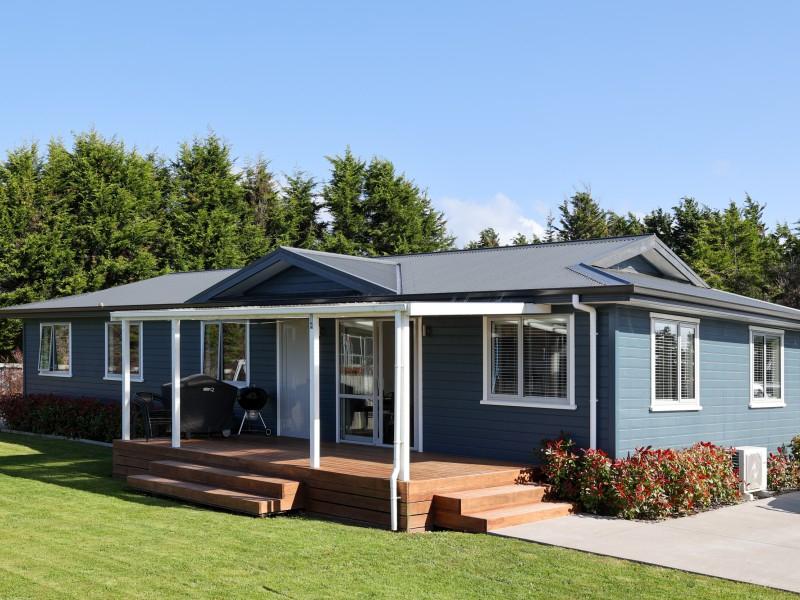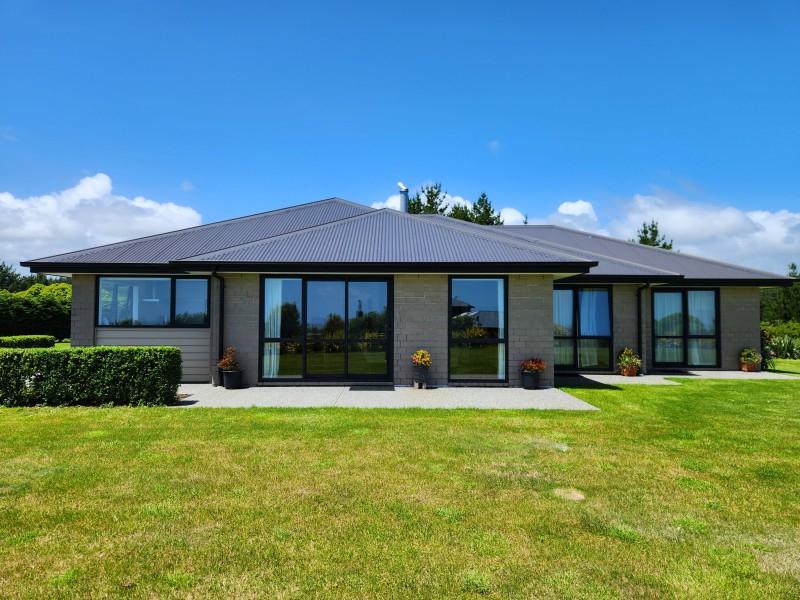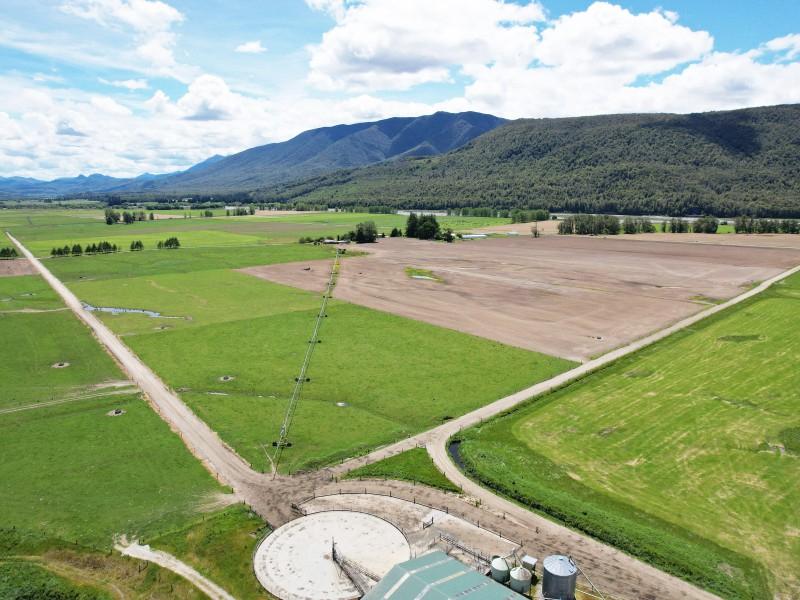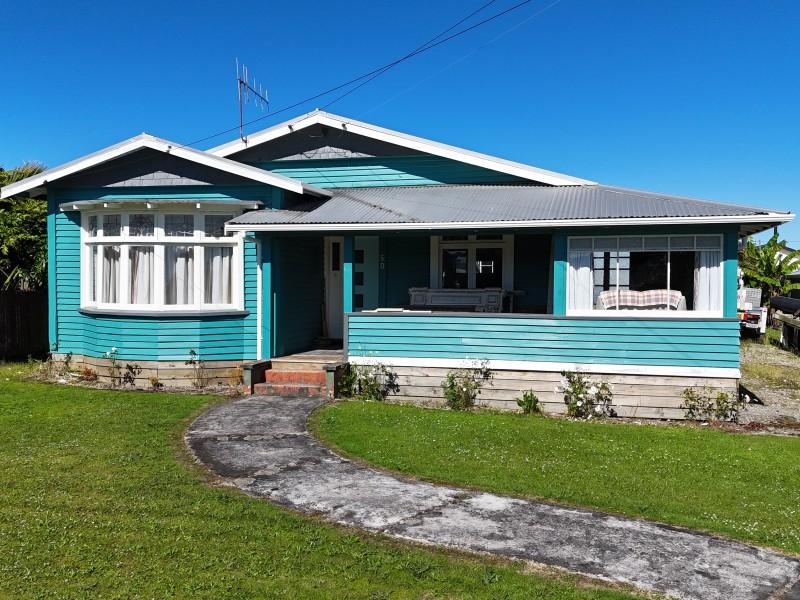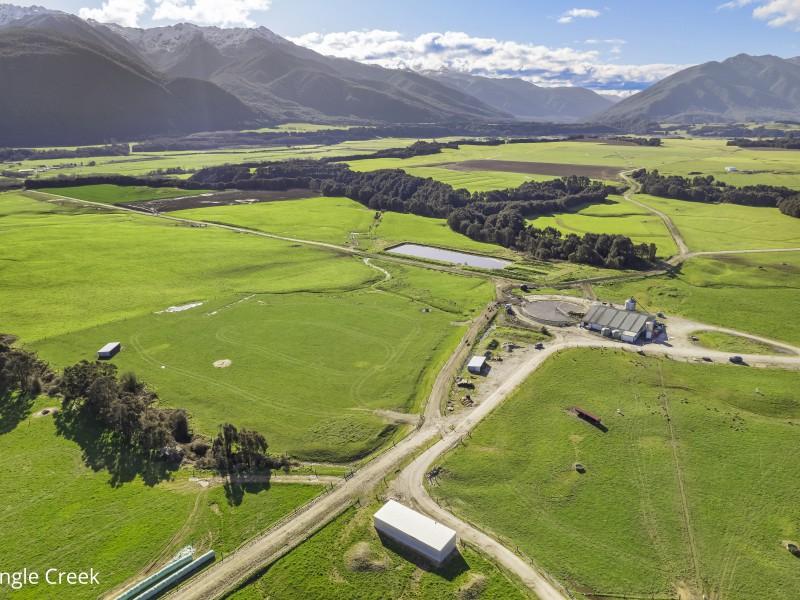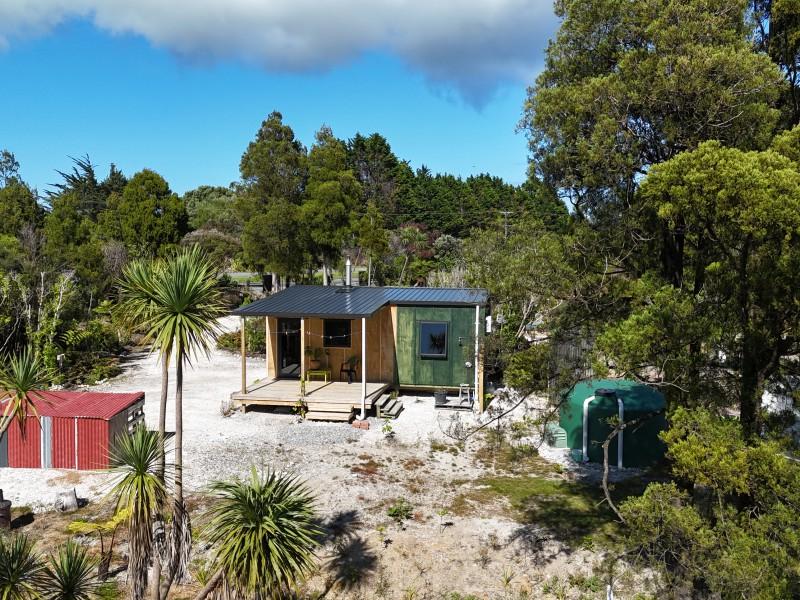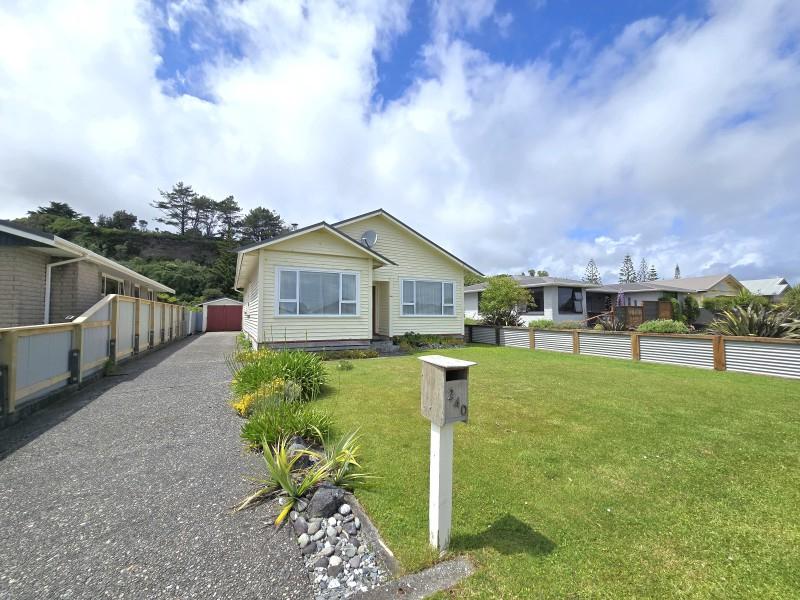West Coast tourism makes a comeback – but challenges remain
By local democracy reporter Brendon McMahon:
Visitor numbers are back to 80% of pre-Covid levels on the West Coast, but a tourism operator says challenges remain.
Scenic Hotel Group operations manager Karl Luxon told the Te Tai o Poutini Plan panel the West Coast visitor economy had bounced back to 80% of pre-pandemic numbers.
However, reduced international flights into the country restricted the tourist numbers.
Luxon also detailed the impact of the Airbnb sector and the challenge of attracting hotel staff and housing them in remote settlements like Punakaiki and Franz Josef Glacier.
The bottleneck in getting international tourists back had also coincided with a prominent "anti-flying" lobby focused on the carbon emissions of international tourism, he said.
Scenic was involved in lobbying to get airlines to return, but Luxon said airfares prices "are too high".
A return to the pre-Covid tourist numbers - upwards of 3 million people - was unlikely, he said.
However, the country remained "high on the radar" of overseas travellers, even if visitor volumes were "quite small" in the global context.
Scenic was now taking a longer view of having fewer tourists but higher value offerings for visitors to the region, he said.
The West Coast visitor market remained very seasonal, Luxon said.
Scenic's Punakaiki site had an annual occupancy rate barely over 60%, but it was marked by huge seasonal variation from 100% in summer to about 10% in winter.
Effort were being made to "flatten out" the visitor economy in the South Island.
This included leveraging off the new Christchurch Convention Centre, where visitors would say, "I have come this far" and decide to take a trip west.
"The reason we're interested in that sort of business is that it is year round."
Commissioner Paul Rogers asked what Scenic foresaw in the long term for tourism to return to pre-pandemic levels.
Luxon said it would take another two years dependent on the Asian market and China.
The West Coast tourism sector, including food servicing, was still contracting in some areas, Luxon said.
This was due to "a massive amount of debt" caused by disruptions in the past few years.
While the sector was now "catching up" some businesses in the region were beginning to fall over, he said.
"Covid for tourism has a very long tail."
Scenic had seen many changes in the 43 years it had been in the region, Luxon said.
The traditional service of only providing beds was moving to an all-encompassing experience, keeping visitors longer than one night.
But, even with this change, the West Coast remained reliant on international visitors visiting for just a few days, he said.
"We're really positive about the West Coast. We wish to expand. We made the submission on the basis of maintaining the current activities while growing new activities as well."
In this respect the new TTPP planning framework should enable this aim, Luxon said.
Scenic needed to redevelop its Franz Josef sites by replacing buildings dating back to the 1950s.
The company foresaw a modular relocatable building approach, given the natural hazards of the area and the underlying uncertainty.
The Alpine Fault avoidance zone at Franz Josef Glacier restricted development in the current built-up area, which he said was "a bit problematic".
Under the plan they would only be able to redevelop their sites at Franz "within the same footprint", which was not necessarily desirable or efficient, Luxon said.

Riddles to Resolve Your Resolution!
I shave every day, but my beard stays the same.
What am I?
Do you think you know the answer to our daily riddle? Don't spoil it for your neighbours! Simply 'Like' this post and we'll post the answer in the comments below at 2pm.
Want to stop seeing riddles in your newsfeed?
Head here and hover on the Following button on the top right of the page (and it will show Unfollow) and then click it. If it is giving you the option to Follow, then you've successfully unfollowed the Riddles page.

⚠️ DOGS DIE IN HOT CARS. If you love them, don't leave them. ⚠️
It's a message we share time and time again, and this year, we're calling on you to help us spread that message further.
Did you know that calls to SPCA about dogs left inside hot cars made up a whopping 11% of all welfare calls last summer? This is a completely preventable issue, and one which is causing hundreds of dogs (often loved pets) to suffer.
Here are some quick facts to share with the dog owners in your life:
👉 The temperature inside a car can heat to over 50°C in less than 15 minutes.
👉 Parking in the shade and cracking windows does little to help on a warm day. Dogs rely on panting to keep cool, which they can't do in a hot car.
👉 This puts dogs at a high risk of heatstroke - a serious condition for dogs, with a mortality rate between 39%-50%.
👉 It is an offence under the Animal Welfare Act to leave a dog in a hot vehicle if they are showing signs of heat stress. You can be fined, and prosecuted.
SPCA has created downloadable resources to help you spread the message even further. Posters, a flyer, and a social media tile can be downloaded from our website here: www.spca.nz...
We encourage you to use these - and ask your local businesses to display the posters if they can. Flyers can be kept in your car and handed out as needed.
This is a community problem, and one we cannot solve alone. Help us to prevent more tragedies this summer by sharing this post.
On behalf of the animals - thank you ❤️

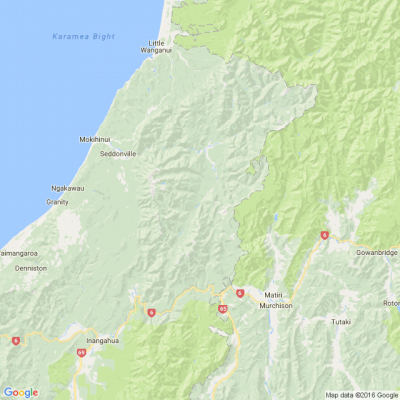
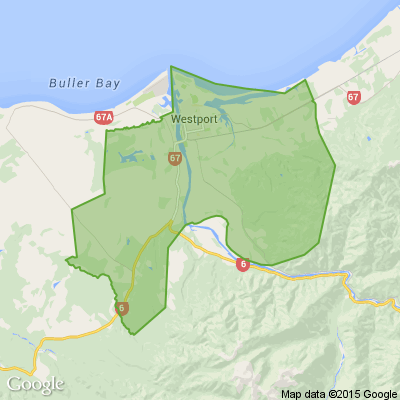





 Loading…
Loading…